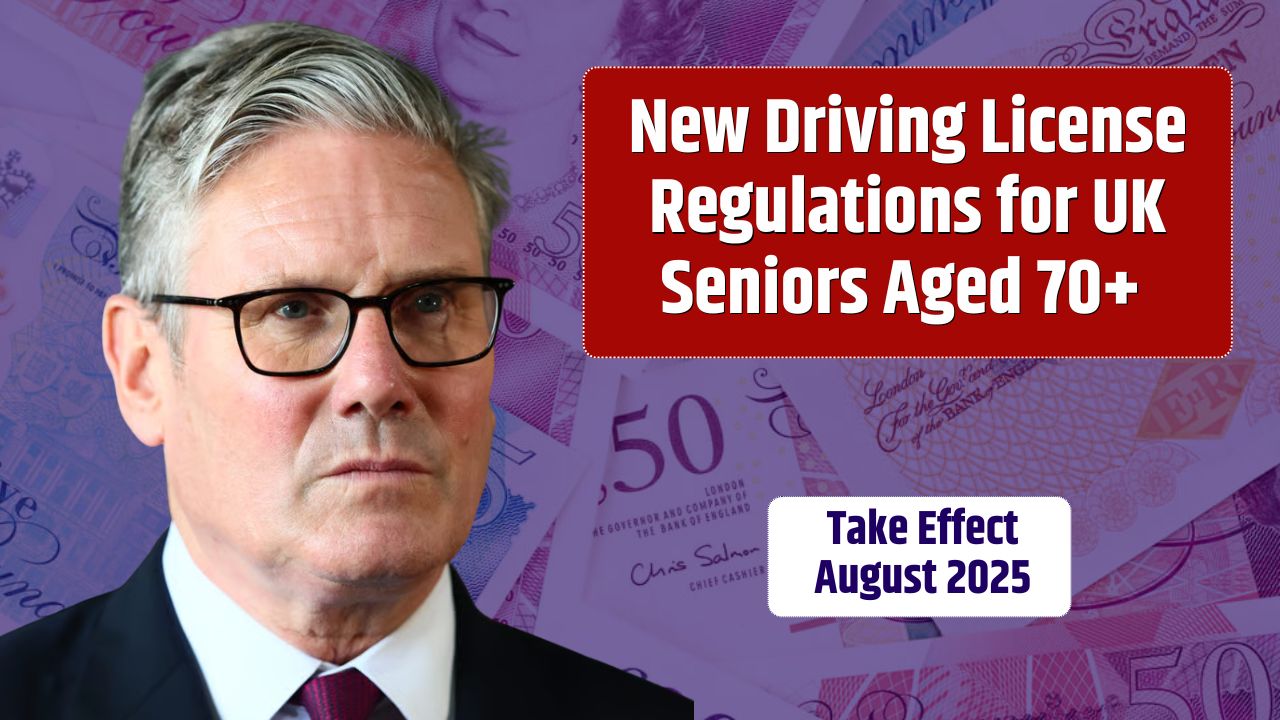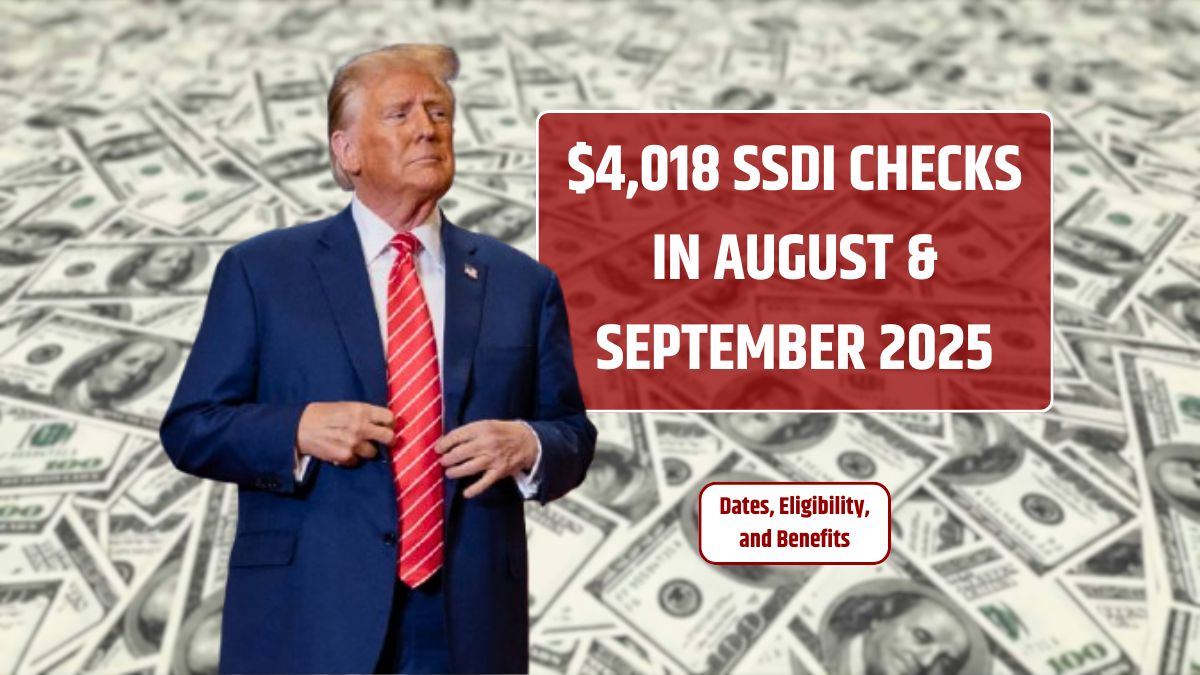If you’re turning 70—or already past it—and still behind the wheel, change is coming. Starting July 2025, the Driver and Vehicle Licensing Agency (DVLA) is expected to roll out updated driving license rules specifically targeting senior drivers in the UK.
Now, before panic sets in: no one’s taking your license overnight. But if you (or someone you love) falls into this age group, you’ll want to understand what’s ahead—and how to navigate it without losing independence.
The Current Rules: A Quick Recap
Right now, once you hit 70, you have to renew your driving licence every three years. This involves:
- Filling out a renewal form (online or by post)
- Self-declaring your medical fitness to drive
- Meeting basic vision standards
There’s no mandatory medical exam, no driving test, and no automatic restrictions—unless you disclose a health issue or the DVLA receives a tip-off from your GP or family.
What’s Changing in July 2025?
Although the DVLA hasn’t published the full rulebook yet, early reports suggest that the following updates are on the table:
Possible New Measures:
| Proposed Rule | What It Means |
|---|---|
| Mandatory vision test | Proof from an optician/optometrist could be required, not just self-declaration |
| Expanded health checks | More detailed forms or GP assessments for high-risk conditions |
| Cognitive screening | Targeted at drivers with known memory or mental health issues |
| Driving assessments | Potential on-road tests in certain medical cases |
The idea isn’t to penalise older adults, but to ensure fitness to drive as age-related conditions—like slower reflexes or vision decline—become more common.
Why Now?
This shift is part of a broader road safety effort. As of 2025, over 6 million UK residents are aged 70 or older—and many are still driving. While most are perfectly capable behind the wheel, public safety concerns are mounting due to:
- Increased numbers of older drivers on the road
- Higher accident risk among drivers with cognitive or visual impairments
- Advances in medical science that make earlier detection of issues possible
The DVLA wants to modernise its licensing system to reflect these realities.
Will Everyone Over 70 Face Stricter Tests?
No. The reforms are expected to be targeted, not universal.
More scrutiny may apply to:
- Drivers with diagnosed conditions like dementia, Parkinson’s, epilepsy, or severe diabetes
- Those with recent collisions or near misses
- Individuals flagged by GPs or family members
- People renewing a licence after a suspension or disqualification
But if you’re in good health and meet the vision standard? You may just continue with the three-year renewal system, possibly with minor additions like providing external vision confirmation.
Fairness, Ageism, and the Backlash
Not everyone’s thrilled about the coming changes.
Critics argue that:
- Age doesn’t equal incompetence—many older drivers are safer than younger ones
- The reforms risk creating a culture of fear and stigma
- Some will be reluctant to disclose medical issues, worried about losing their license
- For rural residents, driving is often a lifeline, not a luxury
Still, the DVLA insists that this is about balancing independence with public safety. The goal is not to pull the plug on driving privileges, but to catch risks early—before they lead to serious accidents.
What Families Can Do to Help
Talking about driving with an ageing parent or spouse? It’s not easy. But it’s necessary.
Here’s how to approach it with compassion and support:
- Start the conversation early—don’t wait until something goes wrong
- Encourage routine vision and health checks
- Offer to help with paperwork or medical appointments
- Suggest professional driving assessments, not just “giving up the car”
- Explore transport alternatives—community shuttles, ride-share, rail cards, etc.
Remember: It’s not about taking away keys. It’s about ensuring safety for everyone on the road.
What You Can Do Now to Prepare
Even before July 2025 rolls around, drivers aged 70+ can get ahead of the curve by:
- Getting an eye exam – even if your vision seems fine
- Updating your medical info with the DVLA
- Keeping a clean driving record—past behaviour can influence future decisions
- Talking to your GP about any concerns you may have
- Using the DVLA online portal to manage your renewal
The goal isn’t to catch anyone out—it’s to help keep you driving safely for as long as possible.
FAQs
Will I lose my licence automatically when I turn 70?
No. You simply need to renew it every 3 years, and possibly provide more documentation starting July 2025.
Will I need a medical exam?
Not always. But if you have a declared condition or past health issues, a GP report may be required.












